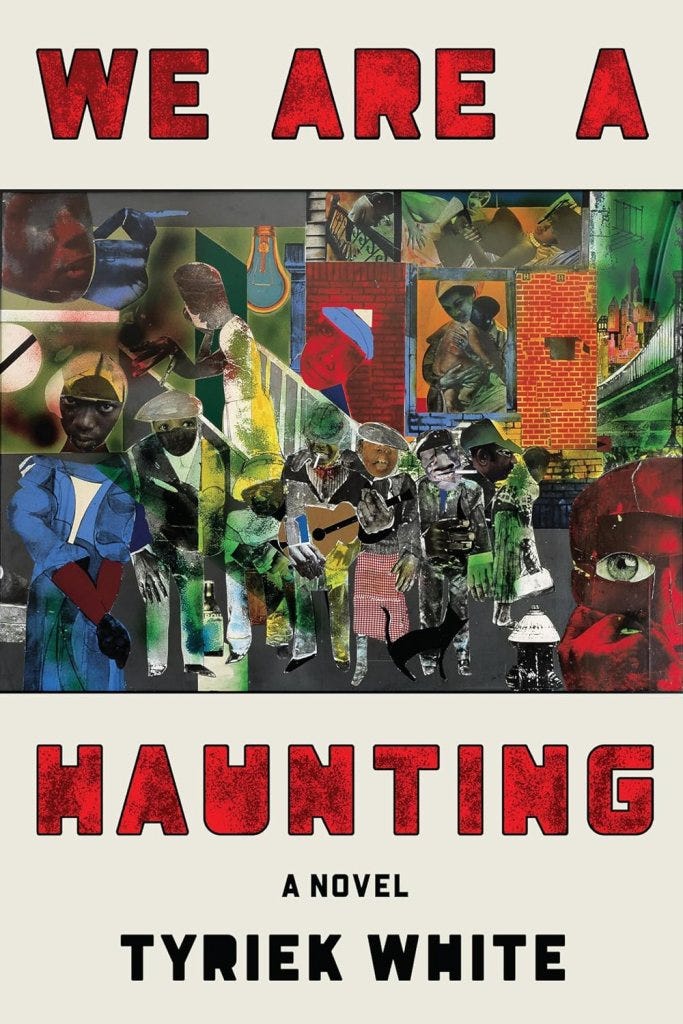Thank you, Tyriek White, if for nothing else, then for the sentence: “I wanted folk to know that she . . . . came here to give me and Angel a life where we could have anything. And I think she realized it's the hardest thing, just like any brown person who has to find a way in this fucking country [America] . . ." (We Are a Haunting, 69; italics mine). For including me, brown girl, in your tribe. Whether you entirely intended it or not. I take the gift, I take it . . . . gratefully.
Because we brown folks rarely get mentioned as part of your tribe, the tribe of black folks worldwide. Yet we are part of your tribe. Not only in the immigrants to America Odyssey that is your brilliant novel We Are a Haunting, but in the lived experiences of colonialism, slavery, and slave-trading. Most of us, in Asia and the Middle East, have endured the outrages of the white man; our ancestors were pulped under their studded boots in jails and other less obvious institutions.
But thank you also for your art. For sentences containing brilliant conceits like those of seventeenth-century English metaphysical poets, such as "If you were poor, you'd . . . see specific problems of a township, favela, or housing project ansd see yourself like a shard of glass used as a mirror" (44).
For the stunning racial nightmare-infused image of "all that hope went away, a cotton plant in the early winter shredded in the wind" (47).
For the sci-fi-inflected dystopic glimpse of a world destroyed by racism: "Tenements like towering space stations wrekced on some forgotten planet, old relics that housed colonies of the disillusioned" (51)
For the blinding wisdom (especially in a writer so young), of the chiasmic realization in this mobius strip of phrasing: "Was a place bad inherently or based on the things that happened to you there" (62). Since you mean that the binary is illusory. There is no inherent quality of a place other than one's experience of it.
For the ability to sing loss, be it individual or racial, with such incantatory magic, a blend of Toni Morrison and Raven Leilani: "the quiet wreck of a particular loss . . . . One day what matters to you seems different from what matters to everyone else, like losing a parent to cancer, or becoming addicted" (63).
With prose as wistful as a bardic lament, and yet as sharp as a cyclostyled etching of the souls of black and brown folk, your novel We Are a Haunting, is a must-read for anyone who wants not to forget what it is truly like to be black and brown all over.





Thanks, Marco; I knew you would understand. We are birds of a feather.. . poc must understand this.
Great to see, again, that black and brown people are kindred spirits. Some writers have long mentioned this kinship but few have dwelled on the significance. That's why people who like & feel they need to dominate have historically divided people of color, with the help of some people of color, and kept us in thralldom. More writers of color need to wake up. It's not only about our individual struggles but about our communal situation. Marco Portales